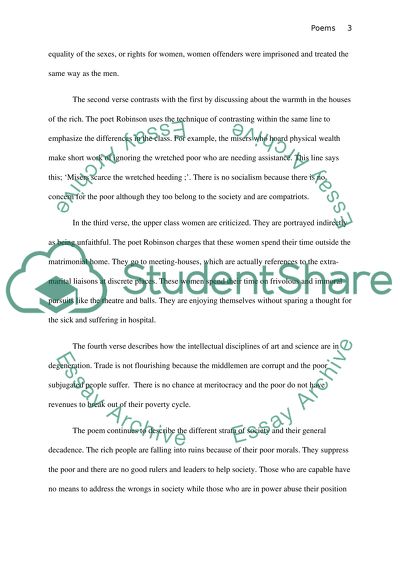Cite this document
(“Romantic Poems Book Report/Review Example | Topics and Well Written Essays - 1500 words”, n.d.)
Romantic Poems Book Report/Review Example | Topics and Well Written Essays - 1500 words. Retrieved from https://studentshare.org/literature/1517282-romantic-poems
Romantic Poems Book Report/Review Example | Topics and Well Written Essays - 1500 words. Retrieved from https://studentshare.org/literature/1517282-romantic-poems
(Romantic Poems Book Report/Review Example | Topics and Well Written Essays - 1500 Words)
Romantic Poems Book Report/Review Example | Topics and Well Written Essays - 1500 Words. https://studentshare.org/literature/1517282-romantic-poems.
Romantic Poems Book Report/Review Example | Topics and Well Written Essays - 1500 Words. https://studentshare.org/literature/1517282-romantic-poems.
“Romantic Poems Book Report/Review Example | Topics and Well Written Essays - 1500 Words”, n.d. https://studentshare.org/literature/1517282-romantic-poems.


